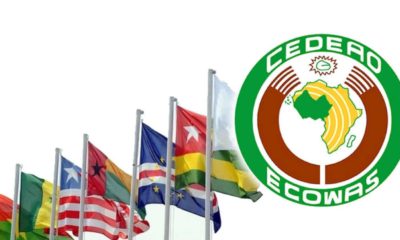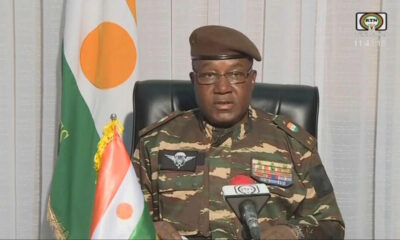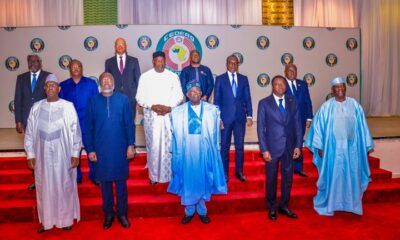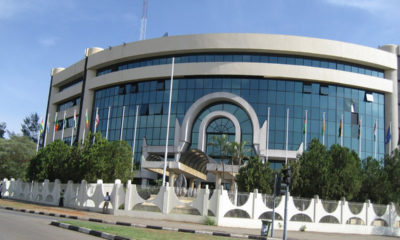The Economic Community of West African States (ECOWAS) in commemoration of its 46th anniversary has sought partnership with the Organised Private Sector (OPS) to deepen intra-African trade and lift millions out of poverty.
This was revealed yesterday by the president of the ECOWAS Commission, Mr. Jean-Claude Brou, at a webinar organised in collaboration with the Lagos Chamber of Commerce and Industry (LCCI) yesterday.
The theme of the webinar is “Optimising Sustainable Trade, Investment and Regional Economic Integration through Effective Partnership between ECOWAS Institutions and the Organised Private Sector”.
Jean-Claude, represented by Mr. Kolawole Sopola, Acting Director, Trade, ECOWAS, said the commission, in recognition of the private sector’s role, created a stronger framework to boost the sector’s capacity for enhanced trade.
He said that the commission had also adopted more than 100 regional standards with 70 others under development on some products.
Brou listed mango, cassava, textile and garments as well as information and communication technology among such products.
“The growing importance of informal trade compels the ECOWAS to create a framework expected to engender more availability and reliability of up to date information on informal trade.
“The framework also seeks to implement reform that is essential to eliminate obstacles to informal trade among others.
“It is important to improve investment, particularly, private investment, in all sectors and I stress that digitalization must be at the center of activities for economic recovery.
“Infrastructural deficit must be addressed as well as sustainable and cheaper energy for the competitiveness of products.”
“The commission is developing projects on roads, renewable energy and education, needed for private sector development; all these to lift millions in the sub-region out of poverty,” he said.
Dr. George Donkor, President of, ECOWAS Bank for Investment and Development (EBID) said that many western states showed numerous hurdles to overcome as countries continue to export raw materials, therefore maintaining low levels of development.
Donkor, however, said that reforms were already underway to accelerate the capacities of the Micro, Small and Medium Enterprises (MSME) to spur private sector development for intra-African trade.
He noted that the EBID 2025 strategy was aimed at ensuring that the private sector benefitted up to 65 percent of the $1.6 billion available facilities.
“A vibrant private sector is key in driving regional integration and securing its active participation and has the potential to create a win-win situation for all participants.
“Increasing credit to the private sector will enhance capacity and the EBID is ready with strategies to ensure that the sector’s capacity is boosted,” he said.
Also, Otunba Niyi Adebayo, Minister of Industry, Trade and Investment, said that collaboration across societal sectors had emerged as one of the defining concepts of international development in the 21st century.
He stressed the need for ECOWAS member states to work together as a bloc to take advantage of the opportunities in the African Continental Free Trade Area.
“Since the establishment of ECOWAS in 1975, various protocols and supplementary protocols regulating member countries conduct have been signed.
“Our world has limited resources — whether financial, natural, or human — and as a society we must optimize their use.
“The fundamental of a good partnership is the ability to bring together diverse resources in ways that we can together achieve more impact, greater sustainability and increased value for all.
“This is so because it emphasises the need to work together as a bloc to leverage and take advantage of the opportunities offered by the African Continental Free Trade Area.
“My Ministry will do everything possible to ensure that the vision of the commission is taken to the next level,” he said.



 Forex3 weeks ago
Forex3 weeks ago


 Naira3 weeks ago
Naira3 weeks ago
 Billionaire Watch3 weeks ago
Billionaire Watch3 weeks ago






 Naira3 weeks ago
Naira3 weeks ago






 Naira2 weeks ago
Naira2 weeks ago




 Naira2 weeks ago
Naira2 weeks ago




 Naira4 weeks ago
Naira4 weeks ago






 Naira1 week ago
Naira1 week ago


















